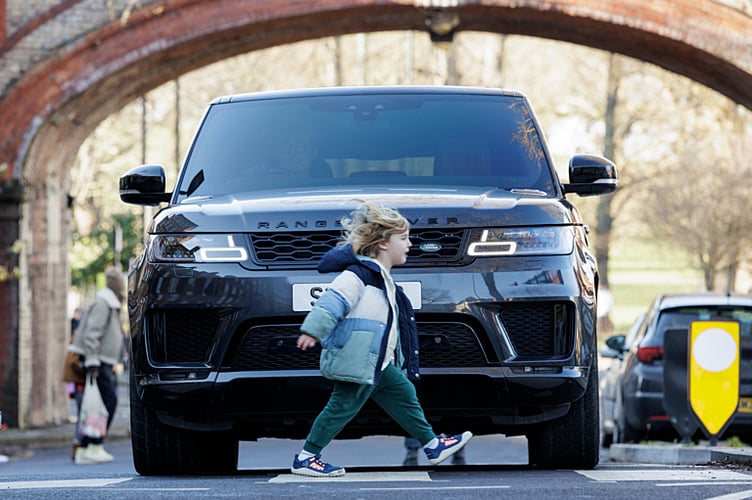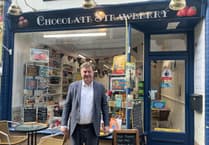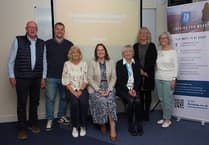National news at the start of November was dominated by a tale of journeys disrupted and people injured in a violent episode on an English train. Government ministers reacted. Personal accounts of trauma, heroism and compassion were shared. Broadcasters quizzed retired police chiefs, who commended the prompt emergency response to a rare event but dismissed panicked calls for airline style station gates or armed guards on every train.
If the coverage put you off train travel, it’s understandable – but do think again. The unreported story of that same day is of around 80 people killed or seriously injured on British roads. These too were normal people on an ordinary journeys that proved horribly life-changing. Some of them – and some others emerging from a crash uninjured – were responsible for the collisions. And perhaps that’s why, although 1,671 people died and 28,804 suffered serious, life-changing injuries on roads in the UK in 2024, we prefer not to talk about it.
Pointing out the lack of significant improvement for a decade, road safety charity Brake commented: "These numbers should shock and anger all of us. It is simply unacceptable that, as a society, we largely accept that people will die on our roads every day. Behind every statistic is a family in turmoil, trying to navigate an entirely new world, with trauma that can last a lifetime. We must see action now to stop road death and injury." Brake’s free to use National Road Victim Service gives expert emotional and practical support to those affected.
This year’s Road Safety Week (16th to 22nd November) has the theme “Safe Vehicles Save Lives”. All of us who drive can play a part – not only getting the vehicle regularly serviced, but checking lights, tyres etc before every journey and keeping any safety technology, such as automated driver assistance, switched on. That’s as well as being safe drivers – think phones, eye tests, alcohol limits. When the time comes, choose a safe car – one designed to prevent road crashes and protect people inside and outside the vehicle if a crash does happen. There’s evidence that the fashion for larger cars has made those outside them less safe – squeezing other road users, and with some bonnets so high that the driver cannot see a child crossing in front of them. Not a good choice for the supermarket run.
Organisations expecting employees to drive have an important role too. According to the police led partnership Vision Zero South West, driving contributes to far more work-related deaths and serious injuries than any other work activity.
Road Safety Week features on Transition Tavistock’s stand at Tamar Energy Fest in Tavistock’s Butchers Hall on Saturday 22nd November. We also tackle some myths, with assurance that electric cars and legal e-bikes are a safe green choice. And we’re asking people’s views on another strand of Vision Zero’s safe systems approach – Safe Speeds. What’s safe on your street?
Thirty thousand road victims a year - let’s break the silence.





Comments
This article has no comments yet. Be the first to leave a comment.